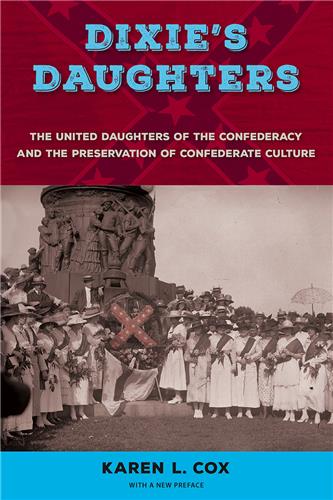Placing women writers at the center of the sensory and technological experimentation that characterized the modernist movement, this book shows how women of the era challenged gendered narratives that limited their power and agency and waged dissent through their radical sensuous writing.
Buy Books: browse by title
A - B - C - D - E - F - G - H - I - J - K - L - M - N - O - P - Q - R - S - T - U - V - W - X - Y - ZPlease note that while you may order forthcoming books at any time, they will not be available for shipment until shortly before publication date
Focusing on the didactic nature of the work of Reinaldo Arenas, this book demonstrates the Cuban writer’s influence as public pedagogue, mentor, and social activist whose teaching on resistance to normative ideologies resonates in societies past, present, and future.
Sugar, coffee, corn, and chocolate have long dominated the study of Central American commerce, and researchers tend to overlook one other equally significant commodity: alcohol. Often illicitly produced and consumed, aguardiente (distilled sugar cane spirits or rum) was central to Guatemalan daily life, though scholars have often neglected its fundamental role in the country's development.
Ditch of Dreams traces the long standing effort to build a canal across Florida.
Even without the right to vote, members of the United Daughters of the Confederacy proved to have enormous social and political influence throughout the South--all in the name of preserving Confederate culture. Karen L. Cox's history of the UDC, an organization founded in 1894 to vindicate the Confederate generation and honor the Lost Cause, shows why myths surrounding the Confederacy continue to endure.
Previously published histories and primary source collections on the Iraqi experience tend to be topically focused or dedicated to presenting a top-down approach. By contrast, Stacy Holden's A Documentary History of Modern Iraq gives voice to ordinary Iraqis, clarifying the experience of the Shiites, Sunnis, Kurds, Jews, and women over the past century.
Looking at the work of Junot Díaz, Cristina García, Julia Alvarez, and other Latino/a authors who are U.S. citizens, Marta Caminero-Santangelo examines how writers are increasingly expressing their solidarity with undocumented immigrants.
While previous studies of dogs in human history have focused on how people have changed the species through domestication, this volume offers a rich archaeological portrait of the human-canine bond. Contributors investigate the ways people have viewed and valued dogs in different cultures around the world and across the ages.











